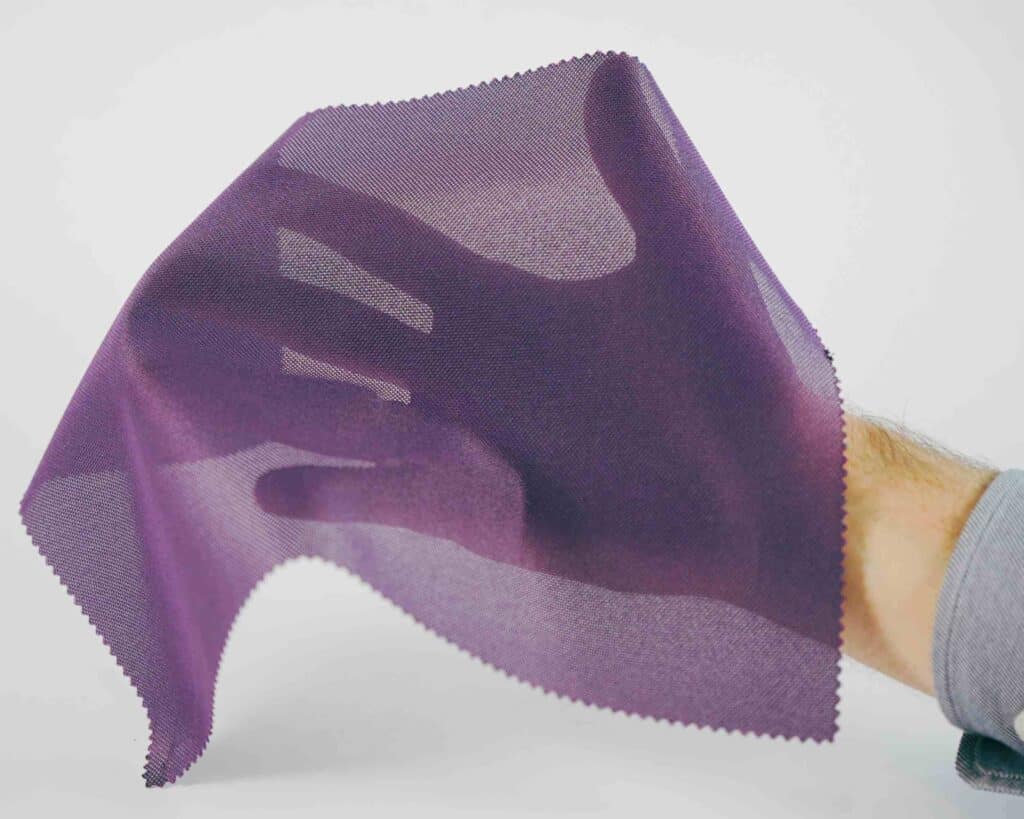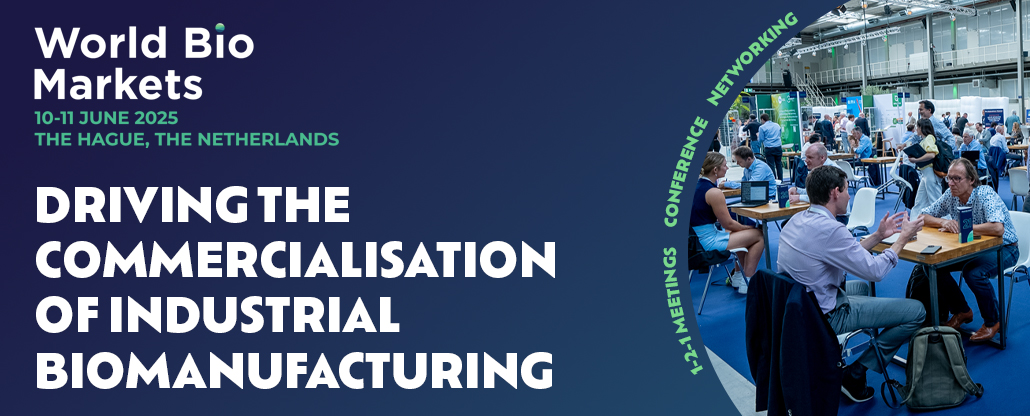AMSilk GmbH, a leader in advanced biomaterials derived from spider silk proteins, has announced a new partnership with Ajinomoto Foods Europe (AFE), a company recognized for over 50 years of expertise in industrial fermentation and an affiliate of the global Ajinomoto group. The collaboration aims to establish a long-term relationship to biomanufacture silk proteins at Ajinomoto’s manufacturing facility located in Nesle, France.
This strategic alliance allows AMSilk to benefit from Ajinomoto’s extensive industrial capabilities in precision fermentation. The France-based facility is advantageously situated near AMSilk’s key clients in the premium textile and consumer goods sectors. The site also utilizes local raw materials and renewable energy sources, aligning with AMSilk’s commitment to sustainable practices.
The partnership represents a key development for AMSilk as it advances toward becoming a commercial supplier of spider silk-based proteins. Leveraging Ajinomoto’s advanced fabrication capabilities and facilities, AMSilk aims to meet its commercial goals and enhance its mission of providing high-performance biotech materials on a larger scale.
Hiroshi Kaneko, President of Ajinomoto Foods Europe, expressed enthusiasm about the collaboration, stating, “We are thrilled to partner with AMSilk and are committed to accelerating the market development of their innovative products by supporting their large-scale biomanufacturing efforts. Together, we aspire to create a substantial economic and social impact while driving global innovation forward.”
Ulrich Scherbel, Chief Executive Officer of AMSilk, emphasized the advantages of partnering with Ajinomoto, stating, “As a global player with longstanding expertise, Ajinomoto is an ideal production partner for us. Their premier fermentation capabilities in France enable us to meet the demands of our European customers by providing nearshored, high-quality materials.”
AMSilk’s offerings focus on providing sustainable material solutions to major brands, helping them reduce their carbon footprint. The company’s protein formulations are free of animal-derived and fossil-based raw materials, and they do not contribute to microplastic pollution. Furthermore, these materials are designed to be verifiably biodegradable or recyclable at the end of their lifecycle and can be customized at a molecular level to suit specific market needs.







